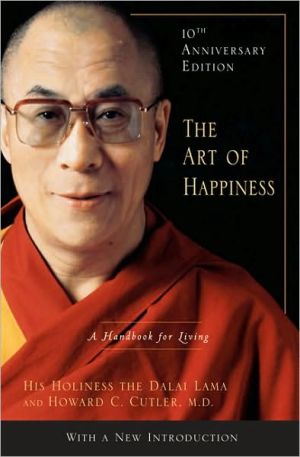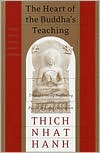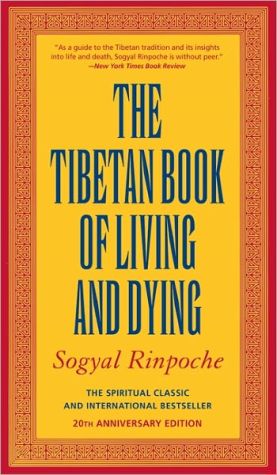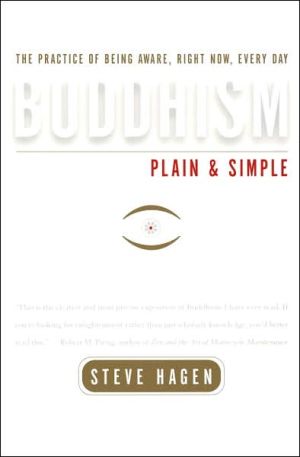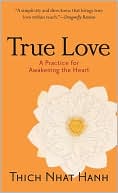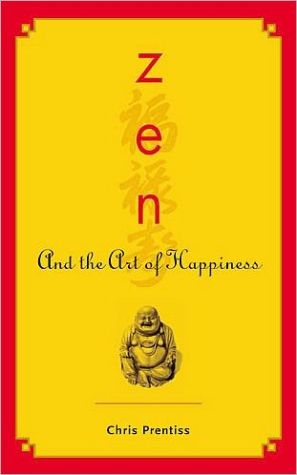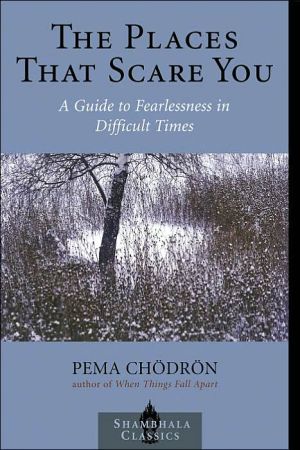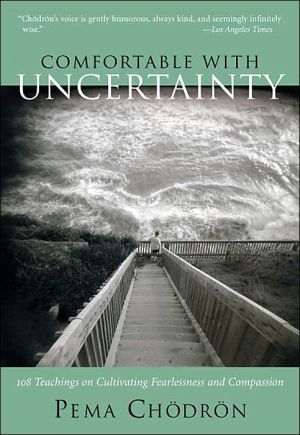The Naked Buddha: A Beginner's Guide to the Buddha's Life and Teachings
Although a widely observed and respected practice in America, Buddhism is still difficult for many seekers to thoroughly grasp. Now, Adrienne Howley — personally ordained by His Holiness the Dalai Lama and one of the highest ranking Buddhist nuns in the world — writes in a warm, simple, and engagingly humorous style that illustrates the life, ideas, and teachings of the Buddha and the religion and philosophy that he inspired. This charming guide demystifies Buddhism and shows how we can apply...
Search in google:
Although a widely observed and respected practice in America, Buddhism is still difficult for many seekers to thoroughly grasp. Now, Adrienne Howley — personally ordained by His Holiness the Dalai Lama and one of the highest ranking Buddhist nuns in the world — writes in a warm, simple, and engagingly humorous style that illustrates the life, ideas, and teachings of the Buddha and the religion and philosophy that he inspired. This charming guide demystifies Buddhism and shows how we can apply its teachings to our lives in useful and meaningful ways. Howley covers who Buddha was and how he came to formulate his philosophy, the three main Buddhist traditions, what ordinary Buddhists believe and practice today, and meditation: how and why. There are also answers to questions most commonly asked by non-Buddhists, including: How can Buddhism make me happy? How can I always practice generosity? and How can I move away from greed and hatred? The Naked Buddha is an accessible, down-to-earth introduction to this ancient Asian religion and a valuable addition to the literature on Buddhism. Publishers Weekly One result of Buddhism's inherent flexibility is a bewildering array of religious rituals and traditions-"cultural trappings" that Howley believes often obscure the Buddha's original teachings. Herself an Australian Buddhist nun, Howley sets out to "strip the Buddha of added layers... and get down to what he really thought and taught." It's an ambitious project; unfortunately, Howley shares with us neither her sources nor the methodology by which she arrived at her stripped-down versions of these "basic teachings." Nevertheless, her vigorously philosophical, non-religious approach (an unexpected choice for an ordained nun) results in a streamlined, appealing primer for everything you wanted to know about Buddhism but were afraid to ask. In simple, well-organized chapters-often employing a Q&A format-she addresses topics and questions that get to the heart of Buddhism. She begins with the historical Buddha (Who was he? Who were his followers?), then discusses whether Buddhism is properly a religion or a philosophy. (Conclusion: it's a philosophy frequently adapted to religious expression.) She offers excellent, lucid discussions of some of Buddhism's core elements such as the Four Noble Truths, karma, impermanence, compassion and emptiness. She rounds out the book with basic suggestions for meditation and by addressing specific questions like, "Is the Dalai Lama the Buddhist `Pope'?" Straightforward and readable, this book will appeal both to those new to Buddhism and to those wanting to revisit its foundational teachings. (Feb.) Copyright 2003 Reed Business Information.
Introduction1The Historical Buddha12Is Buddhism a Religion or a Philosophy?233Part I: What Did the Buddha Teach?454Part II: What Did the Buddha Teach?735How Can I Learn to Meditate?916Your Questions about Buddhism Answered1077More Questions about Buddhism Answered1338A Final Word161Suggested Reading List169Acknowledgments171
\ Publishers WeeklyOne result of Buddhism's inherent flexibility is a bewildering array of religious rituals and traditions-"cultural trappings" that Howley believes often obscure the Buddha's original teachings. Herself an Australian Buddhist nun, Howley sets out to "strip the Buddha of added layers... and get down to what he really thought and taught." It's an ambitious project; unfortunately, Howley shares with us neither her sources nor the methodology by which she arrived at her stripped-down versions of these "basic teachings." Nevertheless, her vigorously philosophical, non-religious approach (an unexpected choice for an ordained nun) results in a streamlined, appealing primer for everything you wanted to know about Buddhism but were afraid to ask. In simple, well-organized chapters-often employing a Q&A format-she addresses topics and questions that get to the heart of Buddhism. She begins with the historical Buddha (Who was he? Who were his followers?), then discusses whether Buddhism is properly a religion or a philosophy. (Conclusion: it's a philosophy frequently adapted to religious expression.) She offers excellent, lucid discussions of some of Buddhism's core elements such as the Four Noble Truths, karma, impermanence, compassion and emptiness. She rounds out the book with basic suggestions for meditation and by addressing specific questions like, "Is the Dalai Lama the Buddhist `Pope'?" Straightforward and readable, this book will appeal both to those new to Buddhism and to those wanting to revisit its foundational teachings. (Feb.) Copyright 2003 Reed Business Information.\ \

